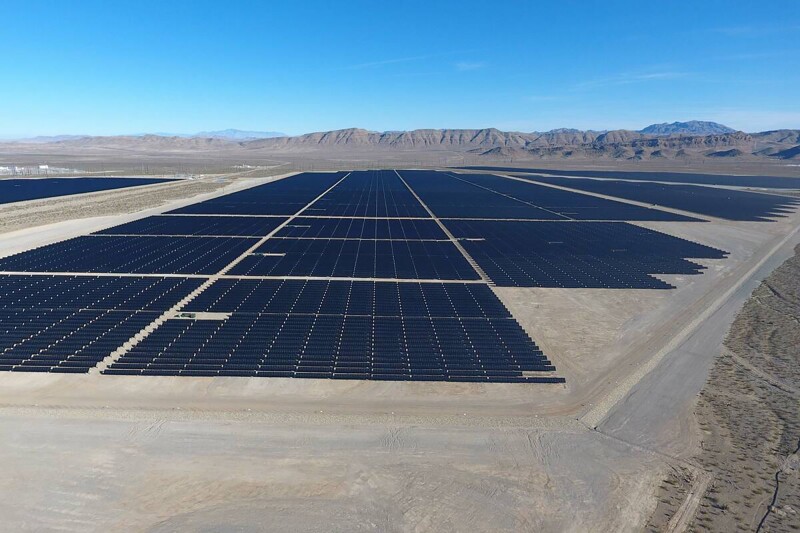President Donald Trump has enacted a significant shift in U.S. energy policy by eliminating a range of green energy subsidies established during the Biden administration. Advocates for renewable energy have expressed strong concerns about this decision, arguing it could hinder growth. Yet, some analysts contend that removing these financial incentives may ultimately strengthen the industry.
According to Atin Jain, an analyst at BloombergNEF, the previous green tax handouts were so substantial that they reduced the pressure on companies to minimize costs. Jain noted in an article for The Wall Street Journal that without government funding, these companies will be compelled to adopt more efficient practices. The concern is that prolonged reliance on taxpayer support can stifle creativity and innovation, much like a temporary sugar high that leads to longer-term challenges.
The renewable energy sector has benefited from federal and state funding for decades, a strategy aimed at fostering growth. Analysts suggest that it’s time for the industry to operate independently of public funding. Jinjoo Lee, also writing for The Wall Street Journal, highlighted that the removal of subsidies could introduce more stability to an industry often affected by the unpredictable nature of congressional funding. He mentioned that eliminating complicated forms of subsidy could simplify investment in renewable energy, potentially attracting a broader range of investors.
Critics of fossil fuels argue that subsidies exist across all energy sectors, claiming that handouts to gas and oil producers surpass those for renewables. However, a report from the Cato Institute in June challenges this narrative, stating that the assertion of heavy fossil fuel subsidies does not hold up under scrutiny. The report reveals that renewable energy technologies receive subsidies that are approximately 30 times greater than those for fossil fuels. The majority of these subsidies are embedded in the tax code, with 94 percent of the fiscal cost allocated to green technologies.
The report further clarifies that what many critics label as fossil fuel subsidies often consist of standard tax treatments available to various industries. The claim that renewables alone can sustain the American economy is seen as unrealistic, given current technology levels. Instead of displacing fossil fuels, the development of alternative energy sources has merely contributed to increased overall energy consumption. This trend is expected to persist as energy demands rise, particularly with advancements in artificial intelligence and other emerging technologies, offering new opportunities for green energy producers.
By insisting that the renewable energy sector transition away from decades of taxpayer support, Congress and President Trump may be facilitating a necessary evolution within the industry. This approach encourages companies to innovate and operate more sustainably, ultimately positioning them for future growth.
